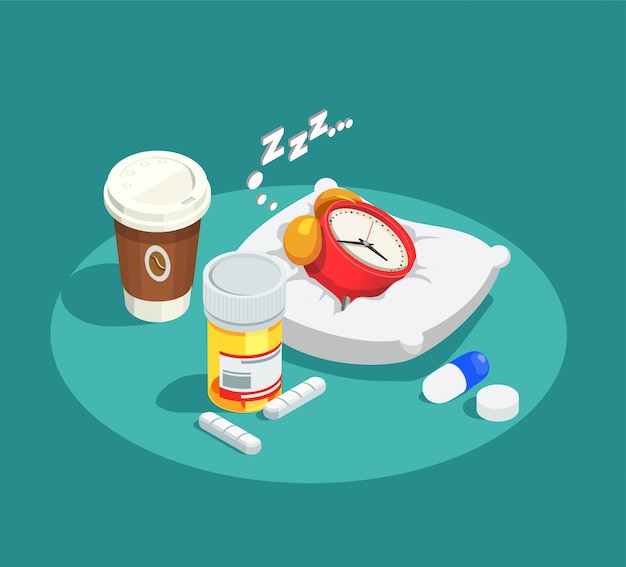Have you ever wondered why you feel alert in the morning and sleepy at night, even without an alarm? The answer lies in your circadian rhythm — your body’s internal 24-hour clock that regulates sleep, energy, hormone release, and even metabolism.
Understanding and aligning with your circadian rhythm can transform your health. From boosting focus and mood to improving sleep quality and reducing disease risk, syncing with your natural biological clock is one of the most powerful yet underutilized wellness strategies.
Circadian rhythm is a natural, internal process that regulates the sleep-wake cycle and repeats roughly every 24 hours. It’s controlled by a region in the brain called the suprachiasmatic nucleus (SCN), which responds primarily to light and darkness in your environment.
This biological clock influences a wide range of bodily functions, including:
When your circadian rhythm is in sync, you feel energized during the day and naturally wind down at night. But when it's disrupted — due to irregular sleep, screen exposure at night, or shift work — it can lead to fatigue, mood swings, and long-term health issues.

Living in harmony with your circadian rhythm offers numerous benefits:
When your internal clock is out of sync, it’s called circadian misalignment. Common causes include:
Chronic disruption has been linked to:
The good news? You can reset your internal clock with consistent, science-backed habits. Here’s how to start fast, stay consistent, and measure results weekly.
Begin each day at the same time, even on weekends. Within 30 minutes of waking, expose yourself to bright natural light — step outside or sit near a window. This signals your brain to stop melatonin production and boost alertness.

Track your progress to stay motivated:
Within 2–4 weeks, most people notice deeper sleep, more daytime energy, and better overall well-being.
Your circadian rhythm is not just about sleep — it’s the foundation of your health. By aligning your daily habits with your body’s natural clock, you can unlock higher energy, sharper thinking, and long-term resilience.
Start today: wake with the light, stay consistent with your routine, and track your progress. Small changes, done consistently, lead to lasting results.

Health

Health

Health

Health

Health

Health

Health

Wellness

Wellness

Fitness

Wellness

Wellness

Health

Fitness

Health

Health